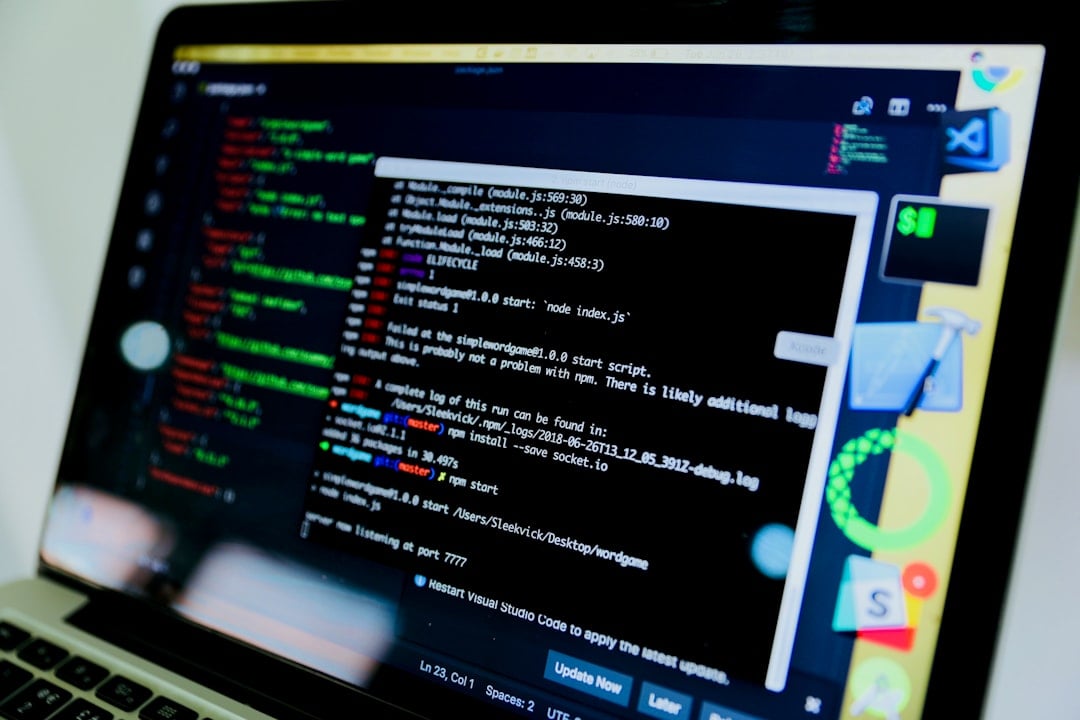The rapid digitalisation of Norwegian industries has transformed the way businesses operate, but it has also exposed them to a myriad of cybersecurity threats. As companies increasingly rely on technology, understanding the local cybersecurity landscape becomes essential for safeguarding sensitive information and maintaining operational integrity.
In 2025, Norwegian businesses must navigate a complex threat environment. The stakes are high, as cyber threats evolve, making it imperative for decision-makers to stay informed about potential risks and proactive measures that can be taken.
Overview of Norway’s Cybersecurity Landscape in 2025
The digital landscape in Norway has expanded significantly, creating opportunities and challenges for businesses. As industries embrace new technologies, they must also contend with a growing array of cybersecurity threats. Understanding the local cybersecurity threat landscape is crucial for businesses seeking to protect their digital assets.
With an emphasis on innovation, Norwegian companies must find a balance between leveraging digital advancements and implementing robust cybersecurity measures. This understanding is key to not only mitigating risks but also enhancing customer trust.
Current Cyber Threats Facing Norwegian Businesses
One of the most pressing threats is the rise of ransomware attacks targeting critical sectors such as finance and healthcare. These attacks can cripple operations, leading to significant financial losses and reputational damage.
Additionally, recent incidents in Oslo have highlighted vulnerabilities within supply chains. As businesses increasingly rely on interconnected systems, the risk of a breach affecting multiple stakeholders has grown, making it essential for companies to reassess their cybersecurity strategies.
Regional Cybersecurity Challenges in Key Norwegian Cities
Each city in Norway presents unique cybersecurity challenges shaped by its local industries and digital transformation.
Oslo: The Capital’s Digital Transformation and Associated Risks
Oslo’s fintech sector is booming, bringing with it heightened cybersecurity needs. As financial services become more digital, the potential for cyber threats increases, necessitating robust security measures.
Bergen: Maritime Industry and Cyber Vulnerabilities
In Bergen, the maritime industry faces its own set of challenges. Ensuring the security of shipping logistics and maintaining data integrity is paramount in safeguarding operations against cyber threats.
Stavanger: Energy Sector Cyber Threats
Stavanger’s energy sector has not been immune to cyberattacks. The oil and gas industry must remain vigilant, as breaches can disrupt operations and compromise sensitive data.
The Role of Local Government and Regulations
The Norwegian government plays a vital role in shaping the cybersecurity landscape through regulations and compliance requirements. Businesses must stay informed about these guidelines to ensure they meet legal obligations.
Moreover, government incentives encourage businesses to invest in cybersecurity measures, fostering a culture of proactive security within the local ecosystem. An example includes support for a cybersecurity initiative in Trondheim, showcasing the government’s commitment to enhancing national security.
Investing in Cybersecurity: A Necessity for Norwegian Businesses
- Employee training programs in Bergen are essential for building a security-aware culture.
- Advanced threat detection systems in Oslo help identify and mitigate potential risks.
- Incident response planning in Stavanger ensures businesses can react swiftly to breaches.
Choosing the Right Software Development Partner
Selecting a software development partner with a strong focus on cybersecurity is crucial for businesses in Norway. A partner like Dev Centre House can assist in building secure systems that protect against evolving threats.
By collaborating with experienced professionals, businesses can enhance their security frameworks, ensuring they are well-equipped to handle potential cyber challenges.
Future Trends in Norway’s Cybersecurity Landscape
The emergence of AI-driven cybersecurity solutions is set to revolutionise how businesses approach security. As technology advances, so too will the strategies employed to combat cyber threats.
Innovations in cybersecurity technology are already being led by startups in Oslo, indicating a bright future for the industry. These advancements will play a significant role in shaping how Norwegian businesses protect themselves against evolving threats.
Understanding Norway’s cybersecurity threat landscape is paramount for businesses looking to thrive in a digital-first world. Proactive measures, informed partnerships, and ongoing investment in security are essential to navigate the complexities of this evolving environment.
For businesses seeking robust cybersecurity solutions, partnering with experts like Dev Centre House can provide the necessary support to build secure frameworks and protect sensitive information.
FAQs
What are the most common cybersecurity threats in Norway as of 2025?
Common threats include ransomware attacks targeting critical sectors like finance and healthcare. Additionally, supply chain vulnerabilities pose significant risks, especially as businesses rely on interconnected systems. Understanding these threats is essential for developing effective strategies to mitigate them.
How can businesses in Norway protect themselves against ransomware attacks?
Businesses can adopt a multi-layered approach, including regular employee training, implementing advanced threat detection systems, and developing comprehensive incident response plans. Ensuring robust cybersecurity measures is key to minimising the impact of potential attacks.
What role does the Norwegian government play in enhancing cybersecurity?
The Norwegian government establishes regulations and compliance requirements that businesses must follow. Additionally, it provides incentives for investments in cybersecurity measures, fostering a proactive security culture and supporting initiatives that enhance national security.
Why is it crucial to invest in cybersecurity for the energy sector in Norway?
Investing in cybersecurity for the energy sector is critical due to the potential impact of cyberattacks on operations and sensitive data. Protecting these assets is vital for maintaining operational integrity and ensuring national energy security.
How can Dev Centre House help businesses in Norway improve their cybersecurity frameworks?
Dev Centre House can assist businesses by providing expertise in building secure systems tailored to specific needs. Their focus on cybersecurity ensures that companies can effectively protect against evolving threats and maintain compliance with regulations.
